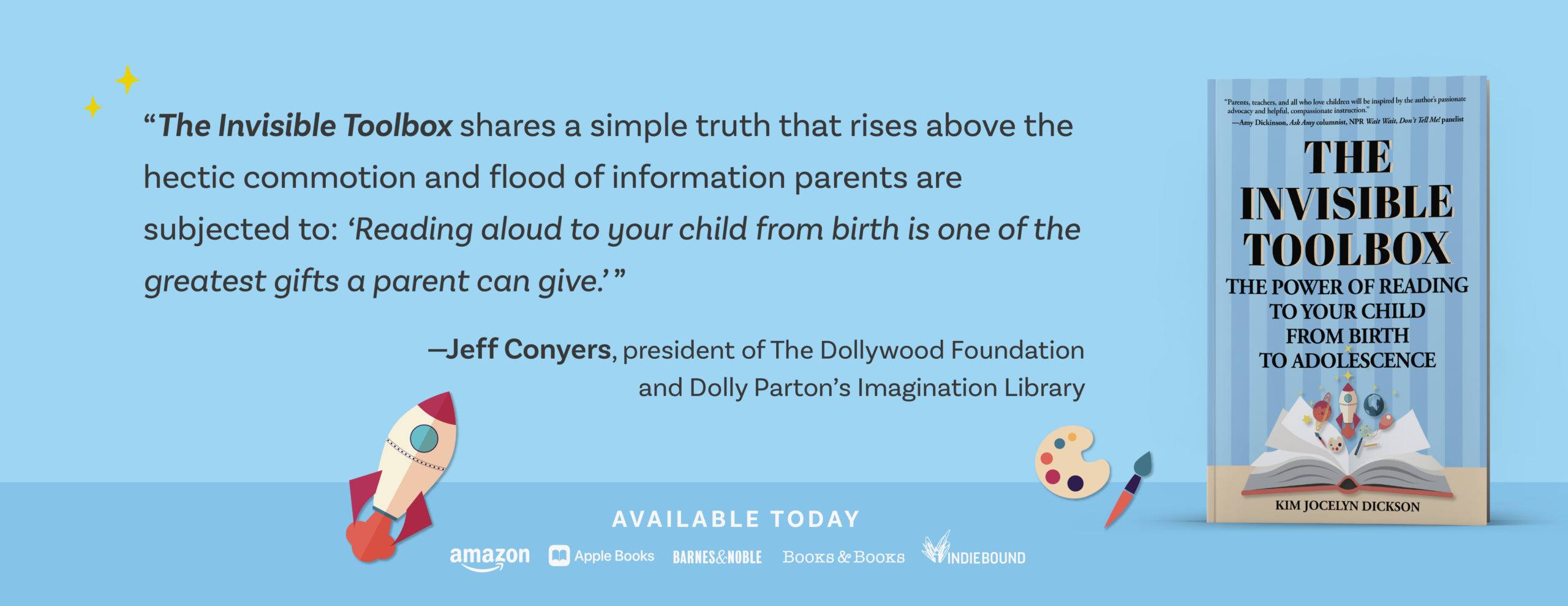United Through Reading Keeps Military Families Connected
One month later, and I’m still reflecting on the amazing World Literacy Summit in Oxford.
The main take-away, for me, is that there is a staggering amount and variety of work going on around the world in support of literacy.
While it was thrilling to be one of the presenters, the highlight of my experience had to be meeting the people who are doing this wonderful work.
One of these was Tim Farrell, the CEO of United Through Reading. I happened to meet him one evening as we waited outside the Bodleian Library to enter for the awards dinner.

As we chatted, Tim explained that United Through Reading’s goal is to connect military personnel separated from their families through the bonding experience of reading aloud.
The San Diego based organization sets up Story Stations where soldiers can “record and save storytime moments for their families to enjoy, no matter the distance.” A free copy of the book is also sent home so that the family can read along.
According to their website,
…every year, more than 100,000 military parents deploy leaving nearly 250,000 children at home. That’s millions of bedtime stories missed each year by military children.
unitedthroughreading.org
I thought about how it might feel for a parent to step into a recording booth, missing their family, yet knowing that their child will not only see them, but hear them, and be able to enjoy the experience again and again.
And I thought too about the child on the other end, receiving a video recording of their far away parent along with the very book they’re reading so that they can read along.

What a powerful way to support families in bridging the distance and in nurturing the joy of reading at the same time!
The service is available to all military personnel in all branches, regardless of duty status. Veterans can take advantage of it too.
As of 2022, United Through Reading had connected over 3 million military family members through shared storytime.
Pretty awesome, I’d say. If you want to learn more or donate to support the program and the courageous people who serve, please visit unitedthroughreading.org.



